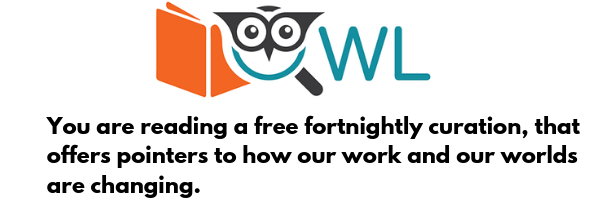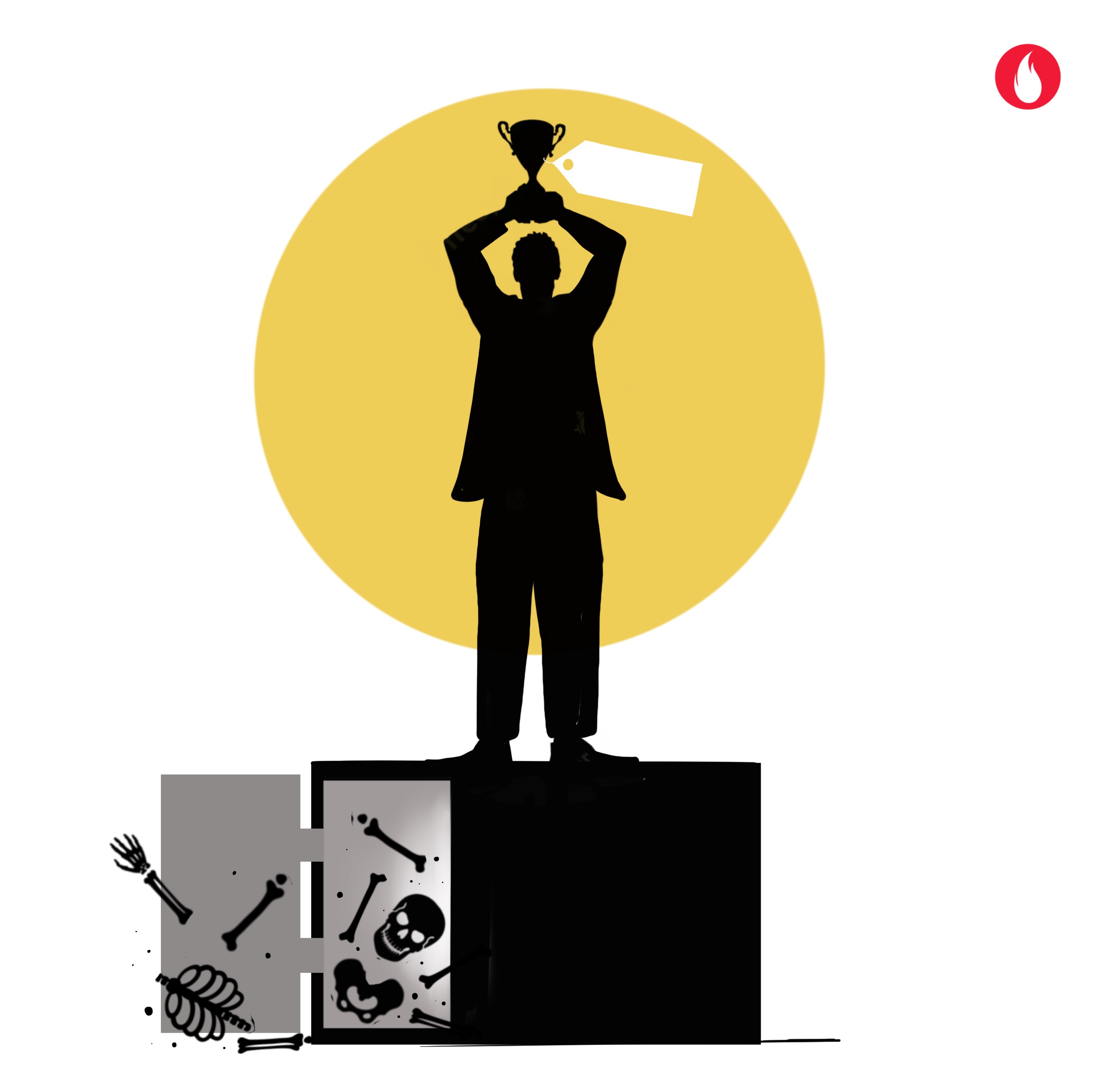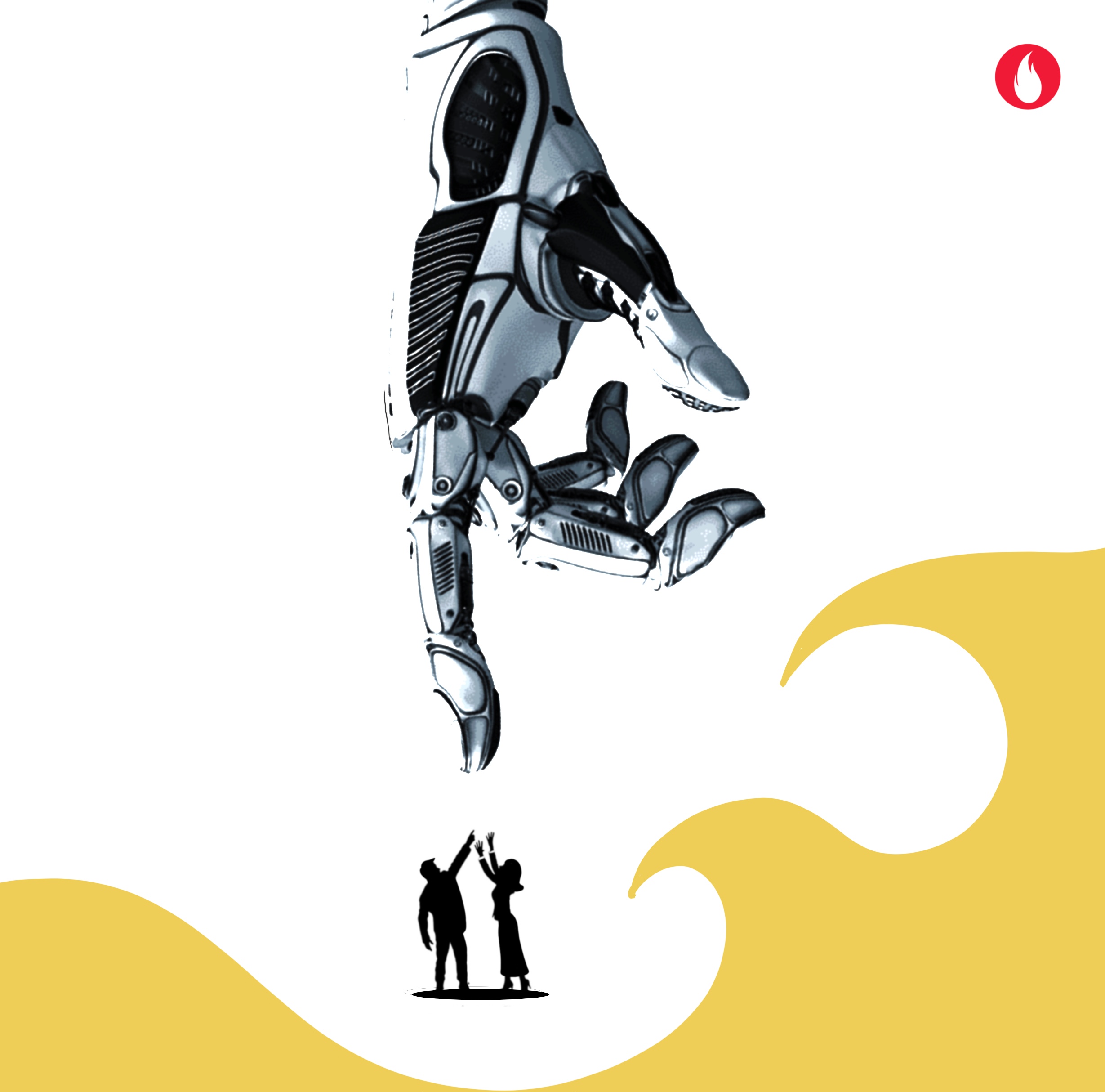A young man who has just passed out of campus asked me a simple question: “How can I have a thriving career given that there is so much change happening?”. The first thing he ought to do, I suggested, was to stop seeking straightforward answers as soon as the question popped up. One part of why I said that was because that question got me thinking and I did not have ready answers.
The next day, on an early morning run, Arie De Guess’s book ‘The Living Company’ popped in my head. I recalled how he had studied organisations that had thrived for many centuries. Lessons from organisations that had thrived for centuries would help human beings thrive in a career of a few decades, I reckoned.
De Guess writes of ‘Stora’. A Swedish company which survives till date and whose earliest mention is from the year 1270. Over centuries the company has thrived by constantly adapting to the changes in the world. It is a fascinating story of how the company ploughed on, taking on a political role, fighting for turf in the time of kings and queens to now. The company survives to date, reinventing itself all the way through. De Guess writes”…the company continually shifted business, moving from copper to forest exploitation, to iron smelting to hydropower and eventually to paper, wood pulp and chemicals. Its production technologies also shifted – from steam to internal combustion, then to electricity and ultimately microchip.”
One of his lines summarises it all for me: “These companies reacted early rather than later, by foresight rather than by catchup”
Imagine what it would have taken to gather market data in the 12th and 13th centuries. Relying on horses, runners and primitive ships, Stora and a mere handful of organisations managed to continually reinvent themselves based on a constant evolving perspective of changes on the ground. To have survived a few hundred years when the average life expectancy of most large companies is about 40 years is something.
I read the book and my notes from it with relish all over again and came up with my top three pieces of advice, for the conversation with the young man who asked me “How can I have a thriving career?”. Am listing them here. I am to have the conversation next week and I would be grateful for any suggestions that you may have.
1. Change before you need to
No. Not the company you work for. But yourself. The domain you work in. Learning new skills and understanding new ways of working even before they become commonplace is important. To stay curious and be able to think and work across boundaries will yield tremendous benefits. De Guess says, whilst talking of companies, “In short, to act with foresight the company must act on signals rather than on pain”. Applies to individuals as well.
Just becoming aware of possible trends and staying willing to adapt yourself for that change, will set you up for success. I have held this principle close. For instance, I have been trying to wrap my head around Blockchain for a while now and have nothing to show the world. But that search has left me with a lot of hidden riches that I treasure.
2. While producing for today, build capacity for tomorrow
“Companies die because their managers focus on the economic activity of producing goods and services, and they forget that their organisation’s true nature is that of a community of humans.”
Work hard and meet your goals for today. Every one of them and more. But please be serious with how you build capacity for yourself for tomorrow. Please consider doing so even when the organisation is not providing the platform. In a world where the ground shifts every minute, success within an organisation is often a mirage in a desert, when you seek a relevance to the whole wide world.
3. Step onto the street
The young man had told me that he would be starting his job at the head office of the organization. “You can do all the strategy you want”, I intend to tell him, “but if you don’t know the texture of the street, you are no good.” The wisdom that emerges from observation, conversation and being as close as possible to the ground is invaluable. I have found that the street always has the last laugh over the tower!
Those are my top three from a longer list. I wonder what you make of it. Would love to hear from you.
The OWL Despatch that I put together every other week, is a labour of love. While it is intended to help friends and colleagues make better sense of the world, it helps me do so too. In scouring for good pieces to share and putting this together, I am often left thinking about various topics. And researching them even further.
For this edition, I found some super treasures.
1 . A ringside view of the mind of a founder who made it big and yet remains untouched by the billions in the bank. The fears, the trials and of course some amazing soul searching. Read Whatsapp Co-founder Brian Acton’s story to get an understanding of how they sold out to Facebook and what it has left him with!
2. A fabulous story of rats in Vietnam from the early 1900s. “is mostly cited as an example of the “Cobra Effect,” an economic theory about how incentives, in a complex system, can lead to perverse, unintended consequences. This is compensation season in several organisations and a good time to sit back, read and reflect.
3. In an age where privacy and choice are becoming issues to reckon with, Amazon is making a deft move. To get into your house even before you do. The privacy battles are going to get harder when convenience muddles all thought.
4. Have you heard of the growth mindset? It is a good example of how an idea comes to mean something very different over time. “A general truth about education is that the more vague and platitudinous the statement, the less practical use it has on the ground. ‘Making a difference’ rarely makes any difference at all.” How true!
5. ‘I don’t have the time’ is a common refrain. Well, here are productivity hacks from the staff at Wired, as part of a series called “How we make time”. There are ten hacks here. Do take a look at the links of other articles in this series. Cool stuff there.
That’s that for this edition. Write in if you have a thought or two. Reader feedback is such a treasure and puts a spring in the step. And of course, share The OWL with someone who you think this can be useful to.





June 6, 2019, 10:59 am
https://rahulvitekar.in/how-to-be-an-employee-peter-druckers-classic-career-advice/
Drucker’s advice may be useful too.